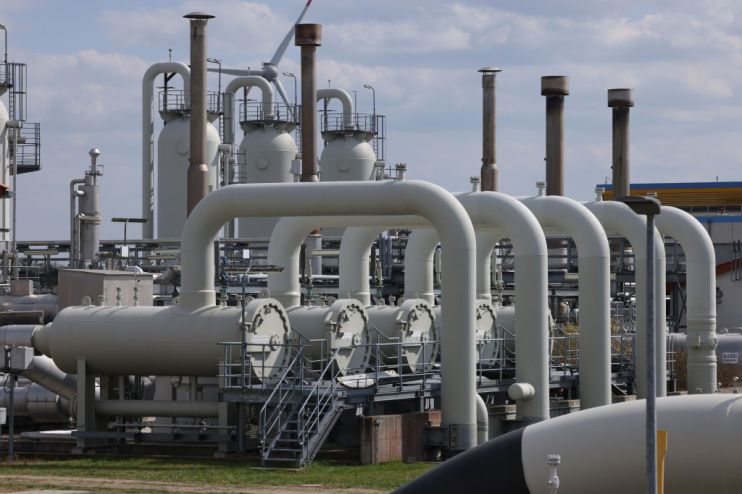Europe at risk of energy rationing this winter, warns IEA

Europe is at risk of energy shortages and rationing this winter after Russia’s invasion of Ukraine, warned the head of the International Energy Agency (IEA) today.
Faith Birol further argued that rebounding demand in China alongside colder winter weather were also challenging headwinds that could threaten energy supplies and deepen the current crisis.
He said: “I am especially worried about the natural gas markets…if we have a harsh and long winter we may see very difficult days [ahead] . . . I wouldn’t exclude the rationing of natural gas in Europe, starting from the large industry facilities.”
The IEA boss outlined his concerns at the organisation’s annual conference on energy efficiency, and urged governments to reduce consumer demand as well as secure alternative energy supplies.
Earlier this year, it published a report calling for curbs on air travel and driving restrictions to cut down the continent’s oil demand.
Ole Hansen, head of commodity strategy at Saxo Bank, told City A.M. the risk of gas shortages would be “most certainly elevated” if the conditions laid out in the IEA’s warnings materialised.
He said: “This is already being reflected in the fact that winter 2022/23 and 2023/24 prices remain elevated despite the current and rapid increase of gas held in storage and strong imports via LNG. China’s lockdowns during the past few months have kept a major player from the world of LNG, leaving Europe in a position to bid for and successfully win deliveries, due to weak Asian demand.”
Germany and Austria have both already initiated early-phase emergency measures, which could allow their governments to take hold of energy supplies if its energy flows are threatened.
This follows Russian President Vladimir Putin signing into law requirements for overseas buyers to pay for gas in roubles – with Gazprom cutting off supplies to Netherlands, Finland, Bulgaria and Poland after its energy companies refused to comply with the requirements.
The European Union is dependent on Russia for around 40 per cent of its gas imports, and has relied on liquefied natural gas (LNG) top-ups from the US and Middle East to meet is energy needs amid supply disruption from Russia.
While the bloc has finalised a watered-down oil ban, it has not included a gas embargo in any of its sanctions against the Kremlin, with only Lithuania acting unilaterally to phase out Russian gas supplies.
Its executive arm, The European Commission, has called on member states to ensure gas storage levels are up at 80 per cent going into winter – with the latest data from the European Gas Inventory revealing that storage is currently 49 per cent full across the EU.